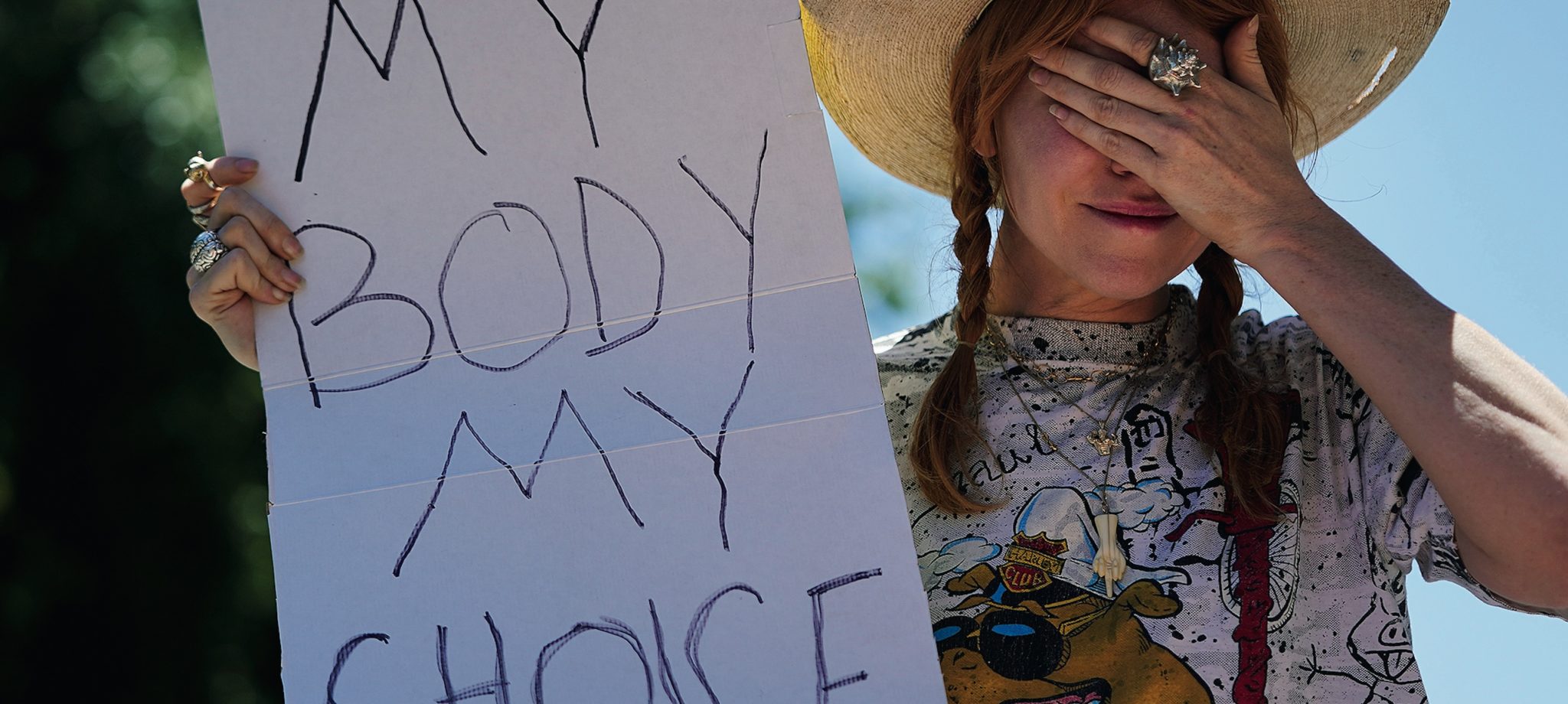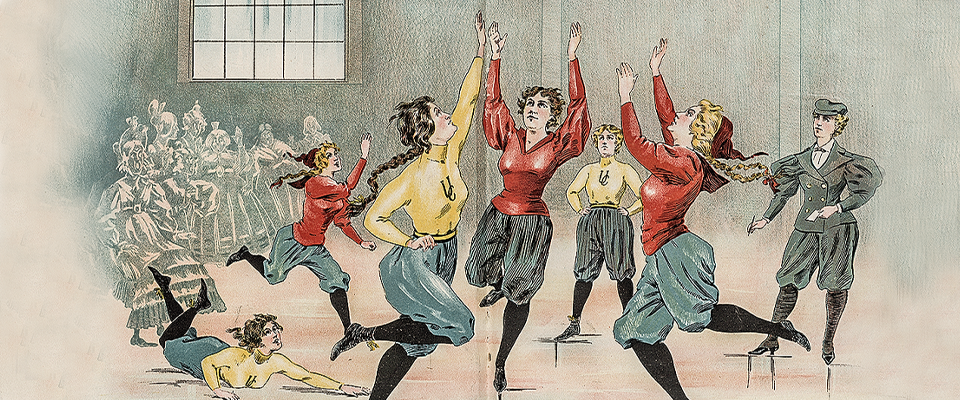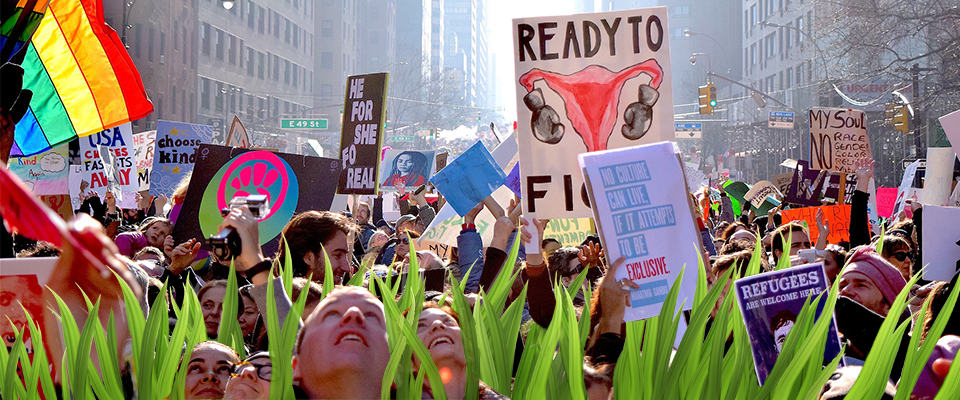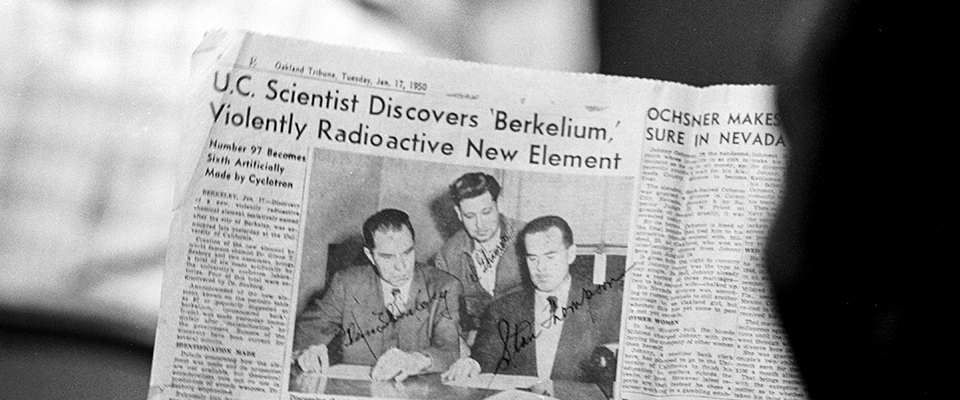I don’t know about you, but I’m growing weary of living in unprecedented times. Here I’m talking about our most recent national schism: the fall of Roe. Usually, our editor in chief, Pat Joseph, writes the Editor’s Note, but considering that many of the pages in this magazine are devoted to discussing women and their bodies, he decided to pass the mic for an issue.
When the draft of the Supreme Court’s decision to overturn Roe v. Wade was leaked, there was no question that the news would feature in this issue. Regardless of how you feel about the decision, we can all agree that this is a turning point in American life with profound legal, political, social, economic, emotional, and medical implications (and surely I’ve left out a few). The decision raises many questions. How will it affect other rights not codified in the Constitution, such as gay marriage, interracial marriage, and access to contraception? What does it say about the changing nature of the Supreme Court? Will there be an impact on people living in states like ours, where access to abortion remains?
Luckily for us, Berkeley boasts some of the most well-respected experts on reproductive issues. So, we conducted a virtual roundtable to probe what the end of Roe may mean for the future. While “a doctor, a lawyer, a journalist, and an activist” sounds like the beginning of a bar joke, what they had to say was no laughing matter. They didn’t always agree, but all of it was enlightening. “Roe in Ruins” begins on page 34.
Our cover story, by Margie Cullen, M.J. ’22, also relates to the law and women’s bodies. “Game Changer” (p. 24) unpacks the past and present of Title IX, the landmark education legislation that has become synonymous with mandated funding for women’s sports. Growing up in the era of Girl Power, when it seemed that every girl in the United States was on a soccer team, I was blissfully unaware of many of the struggles she highlights. Take, for example, the pernicious myth that getting too muscular meant you wouldn’t be able to have children. Or that the first women’s teams lacked uniforms and locker rooms. If you were there, you know firsthand how far women have come. But Cullen, a former Cal athlete herself, also finds numerous ways that universities across the country skirt the law. While there are now more women’s teams at Cal than men’s, women are still underrepresented numerically and underfunded. Of course, funds are at the heart of the matter, as college athletics—particularly football and men’s basketball—have become big business. Meanwhile, most women’s and men’s sports struggle to break even. There’s hope that this could change, but as one of the trailblazing Cal athletes Cullen spoke with asked, “Do you only support someone that, at the end, can make you money?”
In a sports piece of a very different sort, check out James Rainey’s “No Flag on The Play” (p. 42). Surely you know The Play. Rainey ’81 calls it “the most outrageous finish in college football history”—some would say in all of American sports. Forty years after the infamous 1982 Cal–Stanford game, discussing details of The Play still raises blood pressures. Rainey refreshes the story by going back to the officials who made the hotly contested call to sort out what really happened. It’s a fun and informative read, whether you’re a college football fan or not.
In this issue, you’ll also find Pat Joseph’s piece on the history of the magazine you’re holding (p. 9), which the 150-year-old Cal Alumni Association (CAA) has published since the 1890s. We also have a Q&A with Robert Hirst, M.A. ’65, Ph.D. ’76, longtime head of the Mark Twain Papers and Project, the jewel in the Bancroft Library’s crown (p. 51), and another about teen sleep on page 15. (Spoiler alert: The kids are not all right, but there’s reason to hope.) Our second installment from our student columnist Dhoha Bareche ’23 appears on page 56, and the third installment of the new section “Fiat Lux,” produced by our counterparts at the University Development and Alumni Relations (UDAR), begins on page 61. If you’re not a CAA member and just began receiving this magazine, you have UDAR to thank.
As always, we welcome—and even relish—your feedback, so don’t be shy. Send us a note at californiamag@alumni.berkeley.edu.
…
California magazine is an editorially independent non-profit magazine. We need your support to keep producing award-winning journalism about the world of Berkeley and Berkeley in the world. Please consider a donation in any amount. Fiat Lux and Go Bears!





















